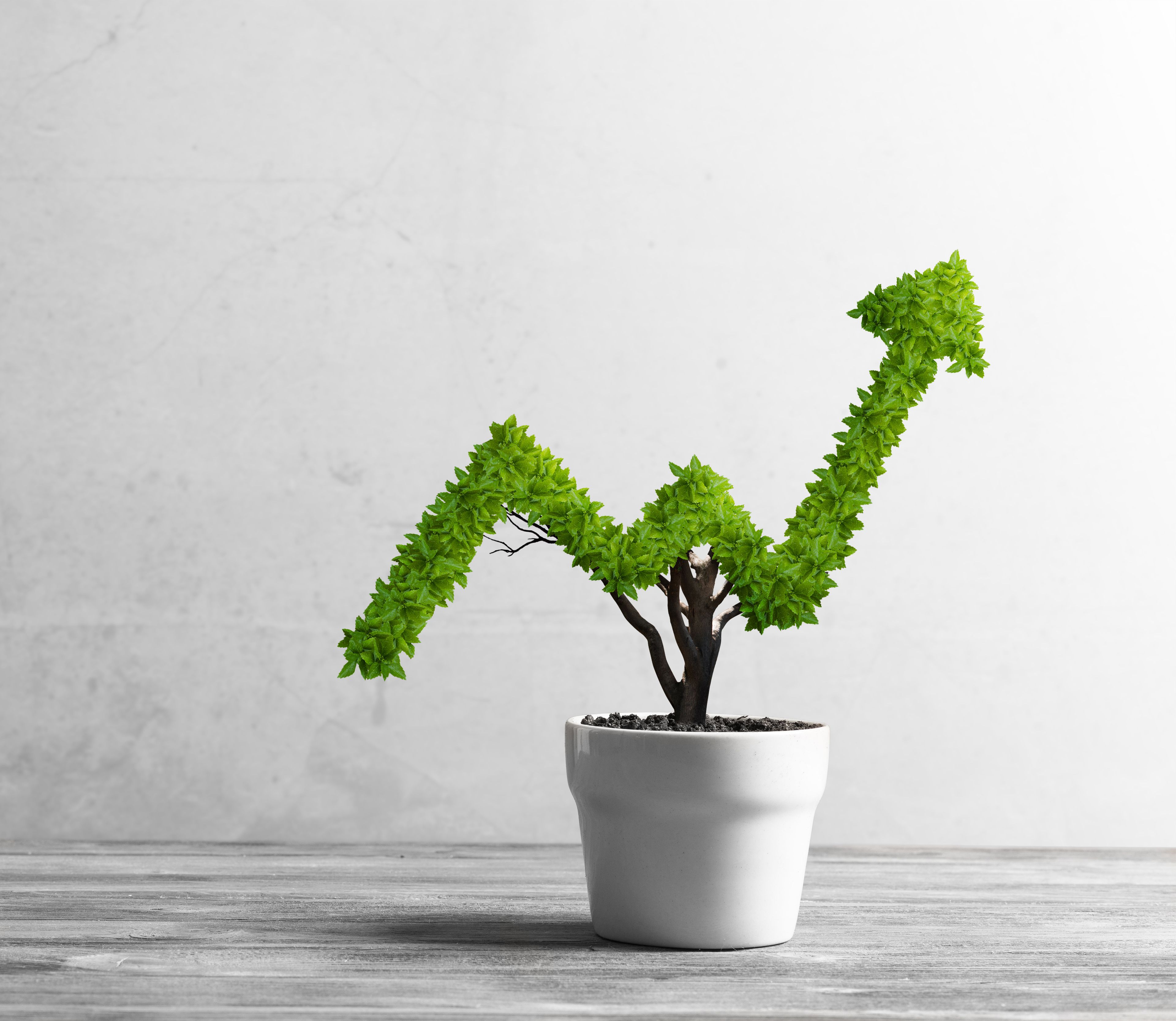How Quick Loading Websites Win in Google Rankings
Web Design
Non-Profits

Blog post by Jeremy Logan
published 3/26/2024
What is load time, anyway?
First, we’ll define what we mean by load time. Website load time is the amount of time it takes for a website to fully display on your screen after you click a link or type in a web address. The faster the load time, the quicker the website appears, making your browsing experience smoother.
Why are load times crucial?
No one likes to wait for a website to load. But did you know slow load times can actually affect your organization (by more than just being annoying)?
Load time is a factor Google uses to rank sites (your ranking is how easy it is to find you online). Faster load times can boost your Google ranking, while slower ones lower it. This means longer load times can negatively impact visibility and organic search presence.
Fast page load times are crucial not only for being found in internet searches but also for:
- Higher Conversion Rates: 70% of online shoppers say page speed affects their purchasing decisions. A quick load time can lead to more sales, sign-ups, or donations.
- Improved User Experience: Fast-loading websites are more pleasant and convenient to use. This enhances user satisfaction and encourages longer visits, reducing frustration from waiting for pages to load.
- Reduced Bounce Rate: A “bounce” occurs when a visitor leaves a website after viewing only one page. 53% of mobile visitors leave a site that takes more than 3 seconds to load.
- Enhanced Brand Perception: A responsive, quick-loading site reflects positively on the professionalism and reliability of your organization.
What can affect website load speed?
So, what do you do if your website is slow? Luckily, there are several strategies you can employ to improve your page speed.
- Check your web host: Inexpensive hosting can result in poor performance and slow server response times.
- Optimize images: If images are large or complex, they can take a long time to load. Optimizing the images for the web improves the overall site experience by allowing pages to load faster.
- Remove unnecessary plugins: Too many plugins can drastically slow down your site. Popular web builders, such as Wordpress, use plugins that can bog down the speed and performance. Make sure to delete excess or unused plugins that can be running in the background and slowing down your site.
Google’s rankings are influenced by overall user experience, not just page speeds. To achieve good Google rankings and impress and inspire your site's visitors, consider page speed as one integral aspect of building an effective website.
Need a new website? Give us a call!



